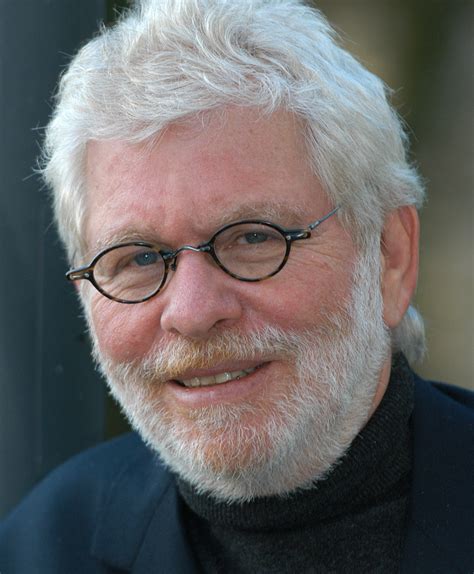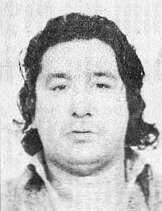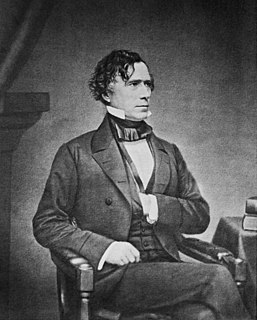A Quote by Richard Cohen
It has become increasingly difficult for states or the federal government to apply the death penalty. But why even try? Nothing is accomplished, and while the chances of making a mistake are now diminished - DNA can prove guilt as well as innocence - life in prison is a worthy substitute.
Related Quotes
It wasn't the intention to do something important, or to even relate about social issues. The ground is so fertile in the justice world, dealing with the death penalty and the Innocence Project, for characters that have a moral ambiguity, which we were both attracted to. It's the idea that everybody has their reasons. Whatever their actions are, whether you agree with them or not, you can understand why they're feeling that way, in terms of racism or even the death penalty.
I come from the state of Michigan. We were the first English-speaking government in the world to outlaw the death penalty, back in the 1840s. We have never had, as a state, the death penalty in Michigan. I was raised with that, and even Republicans in Michigan, nobody would even think of putting a measure on the ballot to have the death penalty.
There is no basis in text, tradition, or even in contemporary practice (if that were enough), for finding in the Constitution a right to demand judicial consideration of newly discovered evidence of innocence brought forward after conviction. My concern is that in making life easier for ourselves we not appear to make it harder for the lower federal courts, imposing upon them the burden of regularly analyzing newly-discovered-evidence-of-innocence claims in capital cases (in which event such federal claims, it can confidently be predicted, will become routine and even repetitive).
Mexico has many more kidnappings than the United States. The U.S. has very few kidnappings.The reason is, in the United States, we don't pay ransom. We turn it over to the FBI. They catch the person. And then, of course, we used to have the death penalty for it. Now it's life in prison. In Mexico, everybody pays. It's a business.
For states' rights advocates, the Constitution is like a contract that is openly violated by one party with impunity. On paper, the states remain sovereign powers, while in reality the federal government appears able to dictate everything from the ingredients of school lunches to speed limits. Congress now routinely collects taxes in order to return the money to the states with conditions on their conforming to federal demands.
To put yourself into a situation where a mistake cannot necessarily be recouped, where the life you lose may be your own, clears the head wonderfully. It puts domestic problems back into proportion and adds an element of seriousness to your drab, routine life. Perhaps this is one reason why climbing has become increasingly hard as society has become increasingly, disproportionately, coddling.
The constitutionality and propriety of the Federal Government assuming to enter into a novel and vast field of legislation, namely, that of providing for the care and support of all those ... who by any form of calamity become fit objects of public philanthropy. ... I cannot find any authority in the Constitution for making the Federal Government the great almoner of public charity throughout the United States. To do so would, in my judgment, be contrary to the letter and spirit of the Constitution and subversive of the whole theory upon which the Union of these States is founded.
It is federal, because it is the government of States united in a political union, in contradistinction to a government of individuals, that is, by what is usually called, a social compact. To express it more concisely, it is federal and not national because it is the government of a community of States, and not the government of a single State or Nation.

































